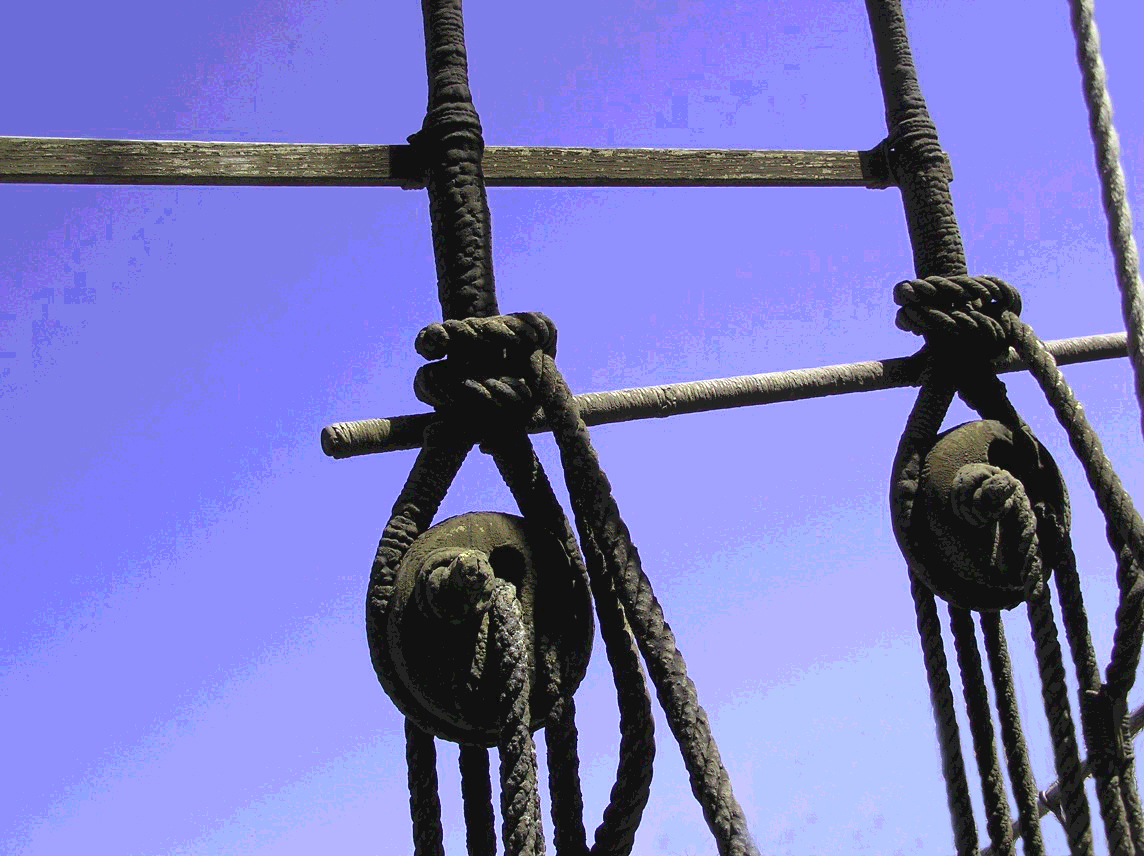
On another international educational excursion, I was walking from my hotel in Singapore to a seminar on behavioral medicine in another part of the city, when I got lost. My phone was not working and I worried I was going to be late. Somewhat frantic, I found someone on the street who spoke English. I asked them for directions. Not only did this kind, elderly gentleman give me directions, but he insisted on walking me all the way to the office building where the class was being held. He insisted on using his own cell phone to call the office and make certain they let me into the building! I felt grateful and valued, but remembered with shame the times when people on the streets in Boston had asked me for directions and I had ignored them, not wanting to be late for something in my own life I deemed more important than offering help. I had been too busy to be kind.
Before I traveled from Singapore to Bali, I shared with Aquina, a female classmate from Jakarta, by way of the Philippines, that I was feeling frightened about arriving in Bali and taking a cab to the conference. I worried no driver would speak English and I would get lost. My anxiety about traveling alone often is focused on the idea of being lost and unable to find my way back to familiar faces. I was embarrassed about having these feelings—after all, I thought myself a seasoned, worldly traveler. I knew I was being irrational. What was different is that in the past, I had always traveled with a close friend or family member. The idea of being alone and disconnected had taken on a life of its own. I made fun of my anxiety to Aquina, but rather than laugh along with me, she took my needs very seriously. It was very important to her that I feel safe in her country. She went to the airport in Denpasar, traced the steps from my arrival gate to the taxi pick-up point and recorded the route. She then texted me the video, so I would be familiar with the route and could easily find my way. She then sent a driver to the airport to fetch me! It didn’t matter to her that my fears were unfounded—the airport was small and everyone working there spoke English. The signs and directions were clear and there were multiple taxis. Aquina must have known I would easily find my way. But what mattered to her was that while I was a guest in her country, she wanted me to feel safe and secure. I will always be touched by her kindness.
These experiences affected me profoundly. During my time in Southeast Asia, I was treated politely and with kindness. I felt loved and nurtured. As the days progressed, I was happy. I felt connected to other people and the world around me. Life felt meaningful. I have a happy life in the United States. I have a loving husband, children, family, friends and meaningful work. Yet when I return to the USA from overseas, particularly from a non-Western country, I find I am quite depressed for a number of weeks. I experience a spiritual emptiness here. Americans work too much, most people seem to be overly busy and stressed. People don’t spend much time together and often live far from family. Many of us do not have a sense of community. In the USA, I do not experience the kindness and caring I experienced in Southeast Asia on a day- to -day basis. What is missing here is a deep, communal connection. Instead, what I experience is pervasive cultural alienation.
My experiences overseas have caused me to reevaluate my own behaviors and priorities. I am more aware of how I treat foreign travelers. I want to reciprocate the kindnesses I experienced in Singapore and Bali. I pick people up at the airport and invite them to my home. I want them to know they are my honored guest. I take the time to connect and continue to build my international community. As my Chinese-Singaporean classmate Elena put it “I think, Suzanne, you might have an Asian heart.” I hope so.






